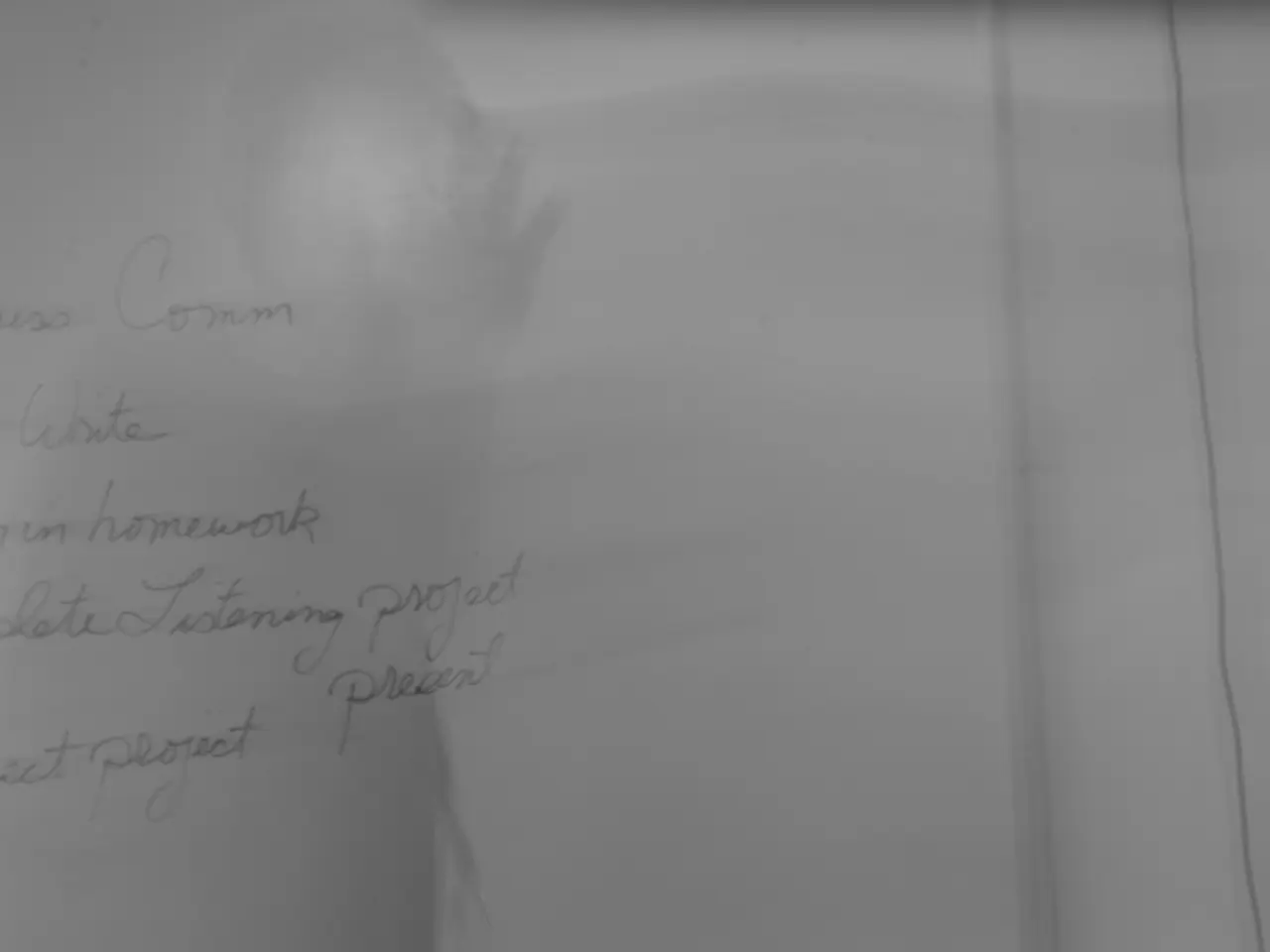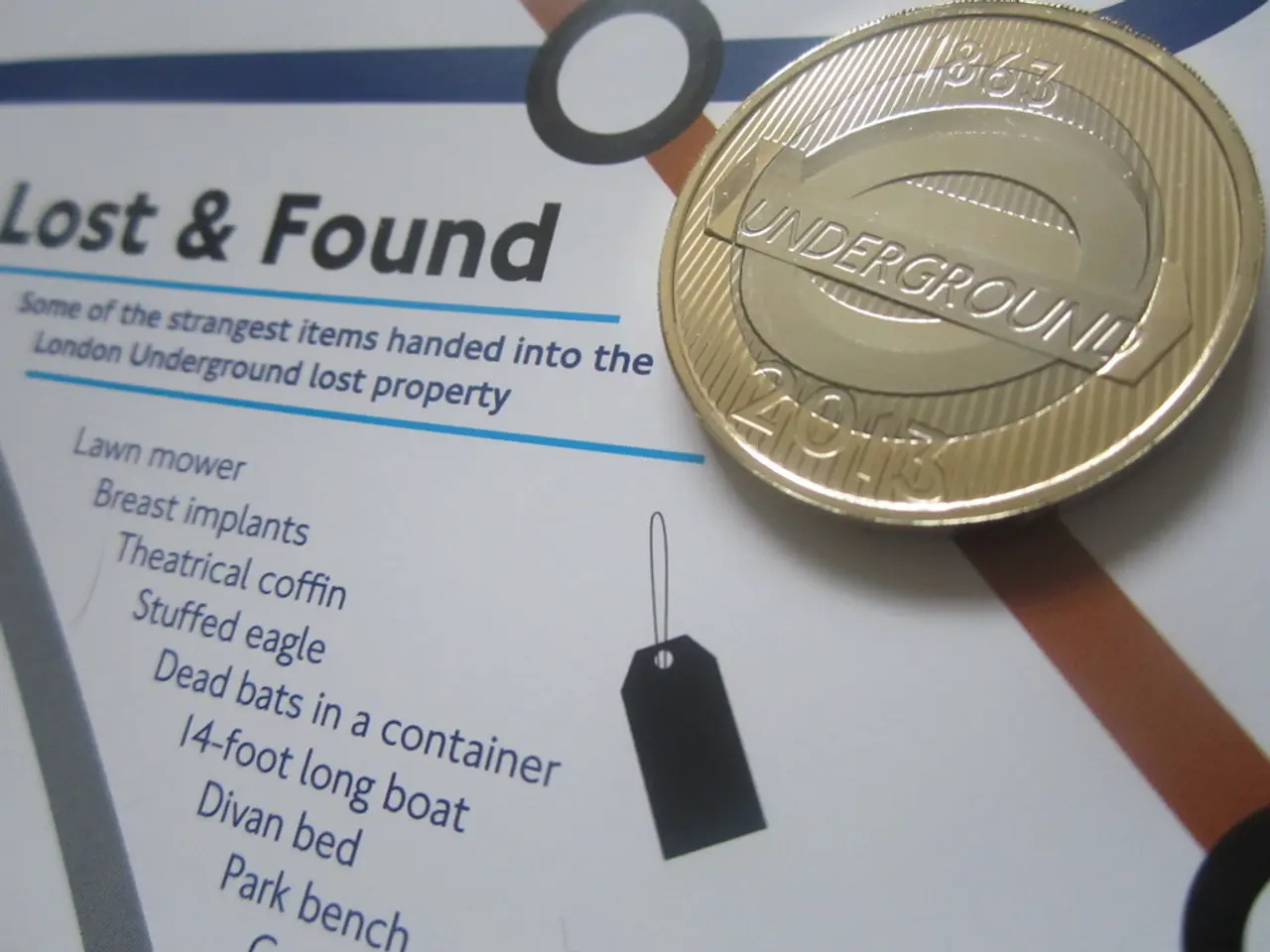Microsoft Faces Rejection of Appeal for Imposed Word Patent Penalty
The United States Supreme Court has upheld the 70-80% standard of proof for patent infringement cases, a decision that does not impact the recent $290 million fine imposed on tech giant Microsoft.
In a patent infringement case brought forth by Canadian firm i4i in 2007, the lower courts found Microsoft guilty of wilful patent breach. The original ruling also ordered Microsoft to stop selling infringing versions of Word and pay a fine of $290 million.
Microsoft's defence in the case focused on the specific standard of proof, arguing that the standard should be lowered to 50% of "clear and convincing" evidence in their favour. However, the Supreme Court has rejected this argument, maintaining the 70-80% standard as the correct bar for defendants in US patent cases to meet.
It is important to note that the Supreme Court's ruling does not address the merits of the patent infringement case between Microsoft and i4i. The specific text manipulation technology in question was patented by i4i, and the lawsuit was based on Microsoft's integration of this technology into Microsoft Word.
Microsoft's appeal against the patent infringement fine has been unsuccessful. The Supreme Court's decision marks the final ruling in the patent infringement case between Microsoft and i4i. The court's decision upholds the lower court rulings against Microsoft, and Microsoft's argument for a lower standard of proof did not change the outcome of the case.
The 70-80% standard of proof is a high bar for defendants in US patent cases to meet. This standard requires a substantial amount of evidence to prove infringement, making it challenging for plaintiffs to bring successful patent infringement cases.
Despite the Supreme Court's ruling, there is no available authoritative information about a specific decision concerning Microsoft's appeal on this specific $290 million patent infringement fine or changes to the standard of proof in patent cases involving Microsoft. If such a ruling exists, it may be very recent and not yet covered or outside the scope of the available documents.
- In the ongoing dispute with Canadian firm i4i, Microsoft's legal bills might have significantly increased due to the high 70-80% standard of proof for patent infringement cases in technology sectors.
- The rejection of Microsoft's plea for a lower standard of proof in patent cases indicates a strong government stand on upholding the financial interests of technology innovators in the United States.




